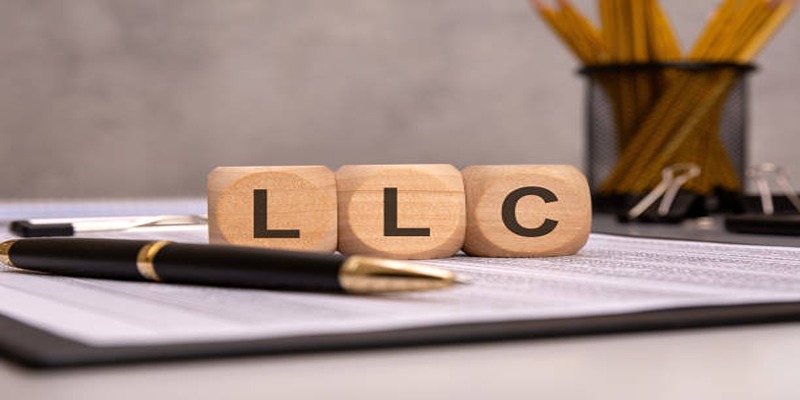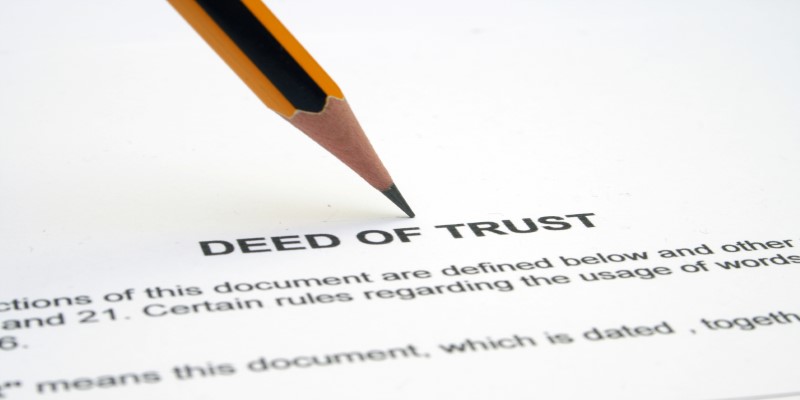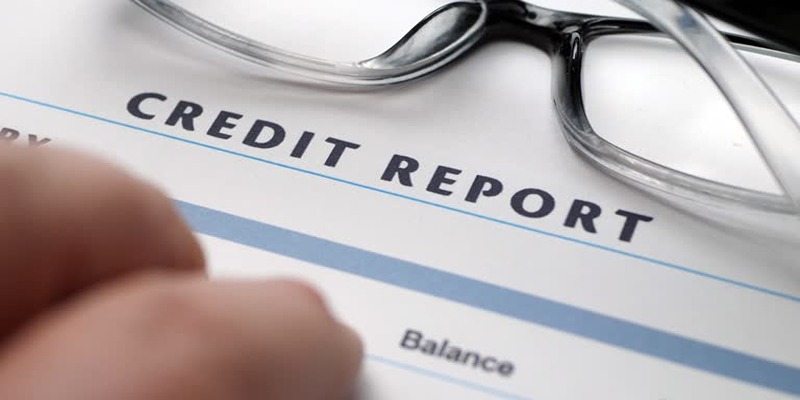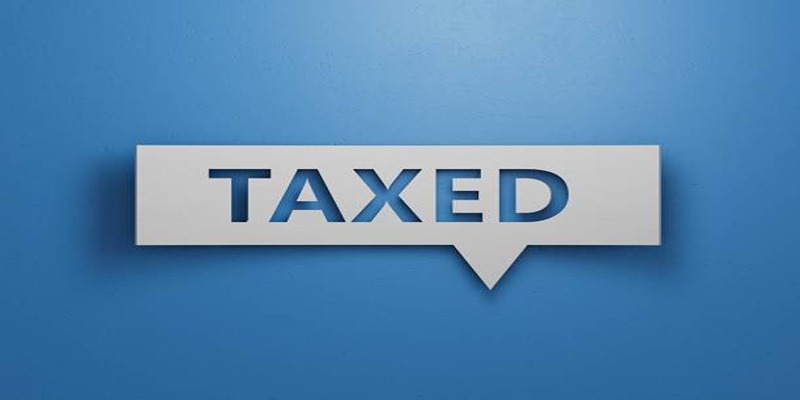Buying a house is a major financial decision, but it also comes with valuable tax benefits. Homeownership can unlock deductions that ease your financial load and make it more affordable long-term. This guide covers key tax deductions, how they work, and how to maximize them. Whether you're a first-time buyer or growing your property portfolio, these tips can help you save big during tax season.
What Are Tax Deductions and Why Do They Matter?
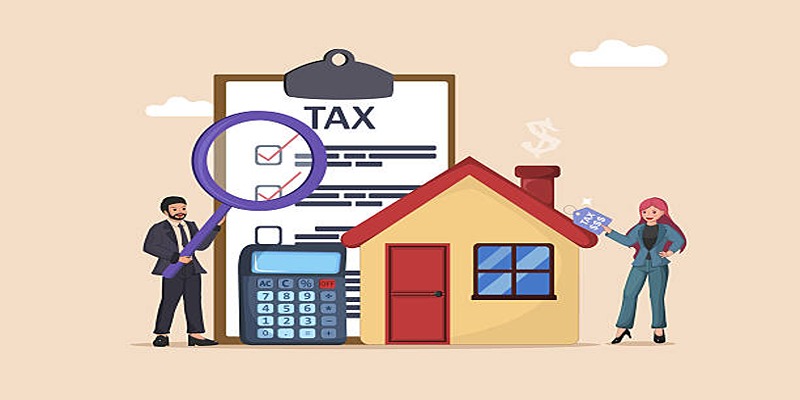
Tax deductions reduce your taxable income, which means you could owe less money when paying your annual taxes. For homebuyers, this can be a game changer, offsetting costs like mortgage interest, property taxes, and even private mortgage insurance (PMI).
The IRS allows eligible homeowners to claim these deductions under specific conditions. Knowing what qualifies ahead of time can help you structure your finances and maximize your savings.
Key Tax Deductions for Homebuyers
When buying a house, several expenses may qualify for deductions. Here’s a breakdown of the most common ones:
Mortgage Interest Deduction
One major perk of owning a home is the mortgage interest deduction. Homeowners can deduct the interest paid on mortgage loans up to $750,000 (for individuals or married couples filing jointly). For loans taken out before December 15, 2017, the deduction limit is $1 million.
Example
If you pay $12,000 in mortgage interest annually, and your taxable income puts you in the 24% tax bracket, you could save up to $2,880 on your annual tax bill.
To claim this deduction, you’ll need to itemize your deductions instead of taking the standard deduction. Ensure that your total itemized deductions exceed the standard amount to make this worthwhile.
Property Tax Deduction
Another valuable benefit for homeowners is the property tax deduction. You can deduct up to $10,000 ($5,000 if married filing separately) for state and local property taxes, including any payments made through your mortgage escrow account.
Example
If your annual property taxes are $7,500, you can include this amount in your itemized deductions, effectively lowering your taxable income.
Points Deduction
When purchasing a home, buyers often pay “points” to reduce their mortgage interest rate. The IRS allows you to deduct the cost of these points in the year you purchased your house, as long as they meet certain conditions, like being paid directly at closing and being customary in your area.
Example
If you paid $3,000 in points to secure a lower mortgage rate, you could deduct the entire amount in the same tax year.
Private Mortgage Insurance (PMI) Deduction
If your down payment was less than 20%, you’re likely paying private mortgage insurance. Good news! PMI premiums are typically tax-deductible for buyers with adjusted gross incomes (AGI) of $100,000 or less ($50,000 for married couples filing separately). The deduction phases out gradually and disappears completely if your AGI exceeds $109,000.
Example
For PMI payments of $1,500 per year, qualifying taxpayers can deduct this amount, depending on income limits.
Home Office Deduction
Do you work remotely full-time and use a dedicated space in your home for work? If so, you might qualify for the home office deduction. This applies if you’re self-employed or own a business, and it covers costs related to utilities, internet, and even depreciation on the property.
Example
If you use 10% of your home exclusively for work, you could deduct 10% of specific home-related expenses, such as your mortgage interest and property taxes.
Energy Efficiency Credits
Investing in energy-saving home improvements? The IRS offers tax credits for items like solar panels, energy-efficient windows, and advanced HVAC systems. While not a deduction, these credits reduce the taxes you owe, dollar for dollar.
Key Numbers to Know
- 30% tax credit for solar energy systems installed before December 31, 2032.
- Savings vary for other upgrades like insulation, qualifying windows, and doors.
Important Things to Keep in Mind
Itemizing vs. Standard Deduction
Many homeowners assume they’ll automatically benefit from housing-related tax perks, but remember, you’ll need to itemize deductions to claim most of these benefits. For 2024, the standard deduction is $13,850 for individuals and $27,700 for married couples filing jointly. If your total itemized deductions don’t exceed this amount, you might benefit more from the standard deduction.
Keep Accurate Records
Documentation is crucial when claiming tax benefits. Make sure to:
- Save receipts and closing documents from your home purchase.
- Keep a record of property tax payments and mortgage interest statements (Form 1098 from your lender).
- Document any home office or energy-related upgrades.
Being organized will save you time, stress, and potential issues if you’re audited.
Consult a Tax Professional
While this guide provides a solid overview, taxes can get complicated, especially with recent changes to tax laws. Consulting a tax professional ensures you’re claiming all the deductions you’re eligible for while staying in compliance with IRS rules.
How Tax Deductions Can Change Over Time
It’s important to understand that tax deductions for homeowners might evolve, especially as tax reforms are introduced. For instance, the Tax Cuts and Jobs Act of 2017 reduced the mortgage interest deduction limit from $1 million to $750,000 for loans taken after December 15, 2017.
Similarly, property tax deductions were capped at $10,000. These changes highlight the importance of staying informed to maximize your savings.
Using Tax Savings to Plan for Your Future
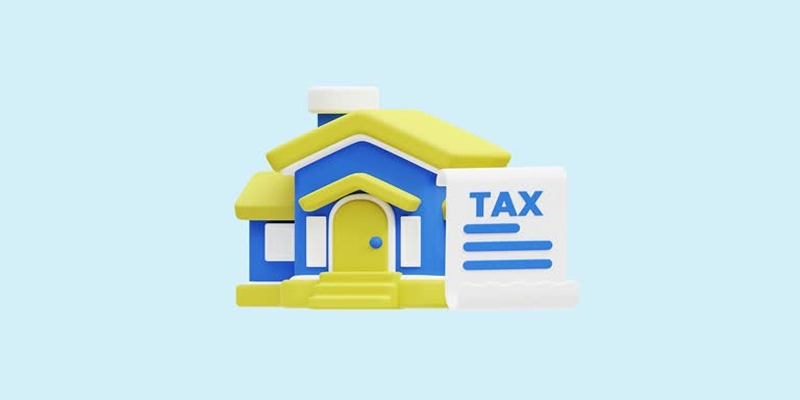
Tax deductions do more than lower your tax bill; they can help you make better financial decisions as a homeowner. Consider using the money you save to:
- Pay down your mortgage faster.
- Start a home improvement fund.
- Contribute to retirement savings.
- Build an emergency fund.
Taking a proactive approach with your tax savings lets you leverage homeownership as a stepping stone to financial security.
Final Thoughts
Buying a house isn’t just finding a home—it’s a smart financial decision if you leverage its tax benefits. Deductions like mortgage interest, property taxes, and energy credits can maximize your savings. Stay organized, consult a tax expert, and review your deductions annually to adapt to changing tax rules. Start early, stay informed, and make homeownership a powerful tool for both living comfortably and building long-term financial success.



